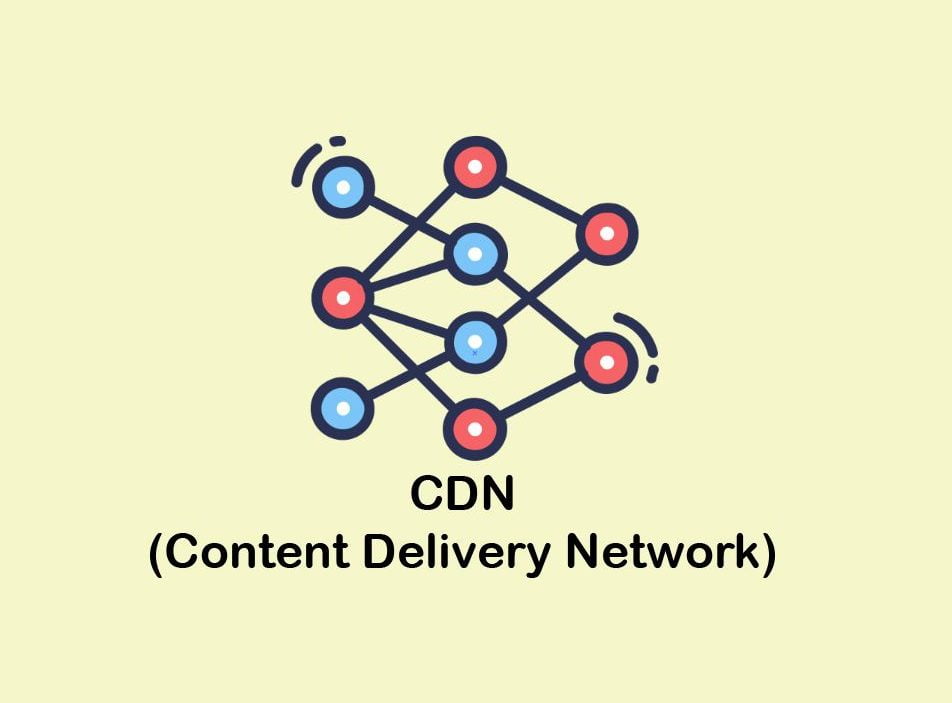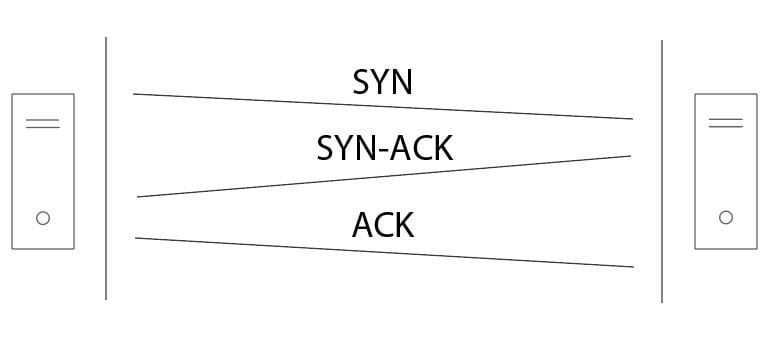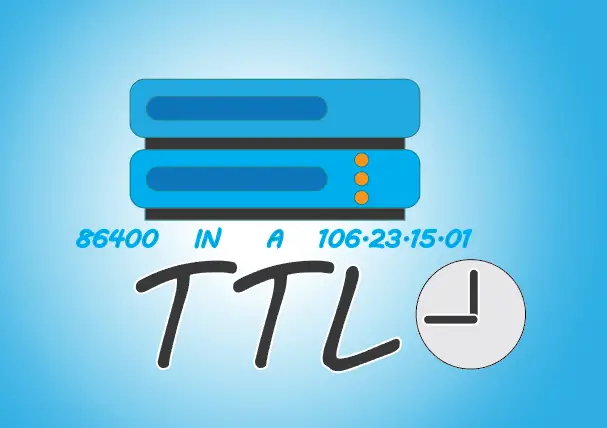CDN (Content Delivery Network) is a distributed network of servers that delivers web content to users based on their geographic location. CDNs are used to improve the performance of websites by reducing the distance between the server and the user, as well as to increase the availability of content by replicating it across multiple servers.
How CDN works ?
CDNs operate on a large scale and are used by many websites to deliver their content to users all over the world. When a user accesses a website, the CDN redirects the request to the server that is closest to the user’s location, ensuring that the content is delivered as quickly as possible. This process is known as « caching. »

CDNs use a variety of technologies to deliver content quickly and efficiently, including :
HTTP/HTTPS:
CDNs use the HTTP and HTTPS protocols to deliver content to users’ browsers. HTTP stands for Hypertext Transfer Protocol and is the primary protocol used to transmit data over the internet. HTTPS stands for HTTP Secure and is a secure version of HTTP that encrypts data transmitted between a web server and a user’s browser.
DNS :
CDNs use DNS (Domain Name System) to route users to the closest content delivery server. DNS is a protocol that translates domain names (such as www.example.com) into IP addresses that computers can understand.
Caching :
CDNs use caching to store copies of frequently accessed web content on servers located around the world. When a user requests content that has been cached, the CDN serves the content from the closest server, rather than requesting it from the origin server. This helps to reduce the load on the origin server and speeds up the delivery of content to users.
Load balancing :
CDNs use load balancing to distribute traffic evenly across a network of servers. This helps to ensure that users can access content quickly, even during times of high traffic.
Content acceleration :
CDNs use a variety of techniques to accelerate the delivery of content to users, including compression, optimization, and prefetching.
Benefits to using a CDN ?
There are several benefits to using a CDN, including :
Improved performance :
CDNs can significantly improve the performance of a website by reducing the distance between the server and the user, as well as by caching content on multiple servers.
Increased availability :
By replicating content across multiple servers, CDNs can help to increase the availability of a website, as it is less likely to go down due to high traffic or server issues.
Security :
CDNs can provide an additional layer of security for a website by protecting it from DDoS attacks and other forms of cyber threats.
Cost savings :
CDNs can help to reduce the cost of hosting a website by offloading the delivery of static content to the CDN, which can handle a large volume of requests without the need for additional resources.
Could CDN replace Web hosting ?
No, a CDN cannot replace web hosting. Web hosting is the service that provides the infrastructure and storage for a website, while a CDN is a network of servers that is used to deliver content to users more efficiently. Both services are essential for delivering content on the internet, but they serve different purposes.
Web hosting is required in order to host a website on a server and make it accessible to users via the internet. A CDN, on the other hand, is used to improve the performance and delivery of a website by caching content on servers located around the world and serving it to users from the closest location.
In order for a website to function properly, both web hosting and a CDN are required. Web hosting provides the necessary infrastructure and storage for the website, while a CDN helps to improve the performance and delivery of the website to users around the world.
CDN providers :
There are many CDN providers that offer a variety of services and pricing options. Some of the most well-known CDN providers include :
Akamai :
Akamai is a leading CDN provider that offers a range of services, including content delivery, cloud security, and application performance management.
Cloudflare:
Cloudflare is a popular CDN provider that offers a range of services, including content delivery, DDoS protection, and website optimization.
Amazon Web Services (AWS) :
AWS is a comprehensive cloud computing platform that offers a range of services, including content delivery, storage, and computing power.
Fastly: Fastly is a CDN provider that offers a range of services, including content delivery, edge computing, and security.
Limelight :
Limelight is a CDN provider that offers a range of services, including content delivery, video streaming, and edge computing.
There are many CDN providers to choose from, each with their own features and pricing plans. Some popular CDN providers include Akamai, Cloudflare, and Amazon Web Services (AWS). When choosing a CDN provider, it is important to consider factors such as the location of the servers, the types of content the CDN can cache, and the pricing plan that best fits the needs of your website.
Security benefits of CDN
CDNs can provide a number of security benefits to websites. Some of the ways in which it can enhance security include :
Filtering out malicious traffic :
CDNs can help to protect websites from malicious traffic by filtering out traffic from known sources of attacks, such as botnets and other automated systems.
Protecting against DDoS attacks :
CDNs can help to protect against distributed denial of service (DDoS) attacks by distributing traffic across a network of servers and filtering out malicious traffic.
Providing SSL/TLS encryption :
Many CDNs offer Secure Sockets Layer (SSL) or Transport Layer Security (TLS) encryption to secure the connection between a user’s browser and the website. This helps to protect against man-in-the-middle attacks and other types of cyber threats.
Offering web application firewall (WAF) protection :
Some CDNs offer a web application firewall (WAF) as an added layer of security to protect against common web-based attacks, such as SQL injection and cross-site scripting (XSS).









C’est quoi le réseau CDN et comment fonctionne ?
8 Best AI Tools for Education
Netstat : Les 14 commandes les plus utilisées
PostgreSQL: Comment s’y connecter en CLI
Fail2Ban : How to protect Linux services